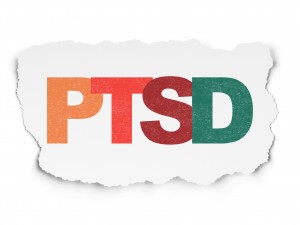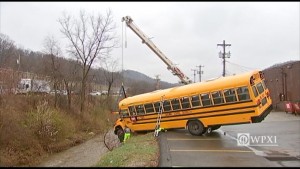PTSD Defined
Here is a simple explanation of what PTSD is and what it does.
 PTSD stands for Post Traumatic Stress Disorder (PTSD). PTSD, ADHD, OCD have become common ways to refer to habits, disorders, behaviors, and conditions in life. But what are they? I am focusing on PTSD today.
PTSD stands for Post Traumatic Stress Disorder (PTSD). PTSD, ADHD, OCD have become common ways to refer to habits, disorders, behaviors, and conditions in life. But what are they? I am focusing on PTSD today.
Here is a definition: PTSD is a mental health problem that can occur after you have been through a traumatic event. The definition is straightforward. Living with PTSD is not.
Those of you who have gone through it or know someone who has understand how difficult living a normal life can be. BUT there is help and hope.
I have a lot of experience with it and a special place in my heart for those who suffer with it.
For those of you who suspect you or someone you love may have it, can do a simple exercise to test for it.
Have you ever had any experience that was so frightening, horrible, or upsetting that, in the past month, you:
1. Tried hard not to think about it or went out of your way to avoid situations that reminded you of it?
2. Were constantly on guard, watchful, or easily startled?
3. Felt numb or detached from others, activities, or your surroundings?
Sometimes, those going through PTSD will suppress memories because it’s too traumatic to keep the thought in the conscious mind. We can do “recall” exercises to help bring these memories to the conscious mind, so you can address them.
What PTSD Looks Like
PTSD lasts past one month; sometimes for years.
When I was in high school, the bus driver drove into a flooded creek. The bridge had washed away and the bus made a lurching stop and leaned to the right. You can imagine it looking a little like the photo on the right. It startled everyone but we opened the back door, exited, waited for another bus and that was that.
Nobody was hurt, but I remember that I cried off and on in classes that day. End of story.
It was at least twenty years later when my husband and I were going to a family reunion out in the country. We were driving on a country road. There was a small amount of water covering the road, like a long mud puddle.
All of a sudden, I felt panicked. I started screaming for him to stop the car. Now, I’m usually the laid back one, but that day I was not in my right mind. On one hand, I knew we were in no danger and I was perplexed by my own behavior.
We went through the mud puddle, but I thought about what happened for several days. Then, I remembered the school bus accident. The setting looked similar and after all those years I was triggered by an unconscious memory. I have not had that kind of reaction to anything since.
However, some people have reactions frequently. Surviving a wreck, house fire, or witnessing traumatic events can plant the seeds for PTSD. Watching TV coverage or hearing about events can create vicarious traumatic experiences.
Help IS Available
Help IS Available
If you have answered yes and need help, please call me. Of, if you know someone going through this, please share my contact info. I am an independent contractor for the Department of Defense and have helped multiple people in this situation. You can schedule a consultation here. You may also contact me at 601-684-9657 or e-mail me at patriciabrawley@earthlink.
I am also a member of giveanhour.org, and members may receive free counseling monthly.
Please do not try to ignore it. If left untreated, it can have severe consequences on you and your loved ones and usually will NOT go away with time alone.
Looking for suggestions on ways to feel better?

